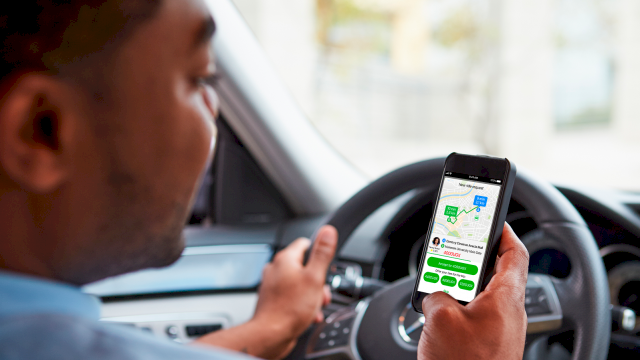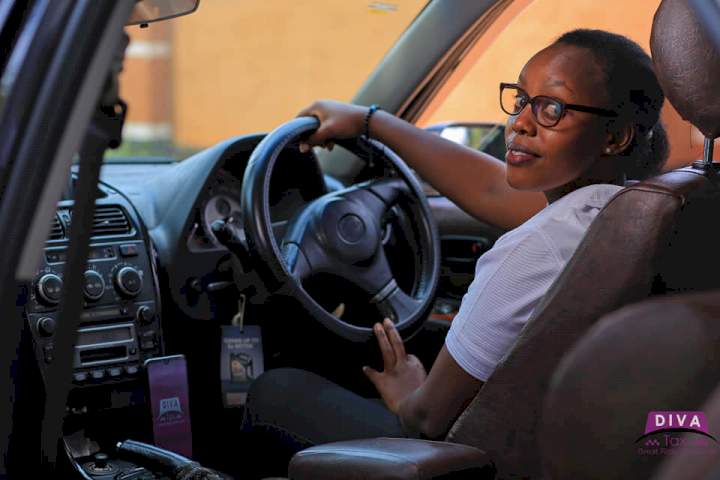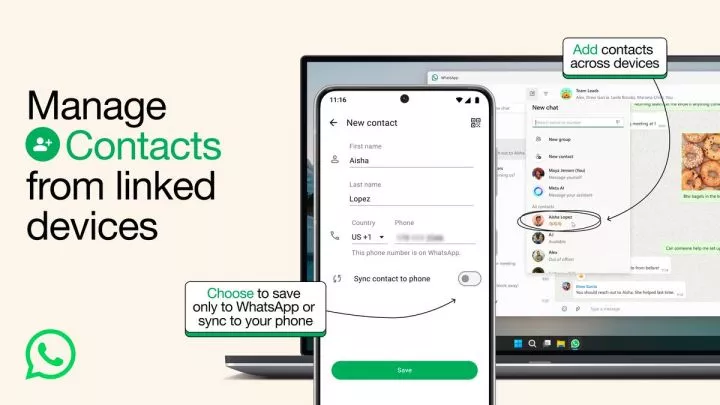
Most ride-hailing users make use of the service because of the comfort or privacy it affords, which is what makes ride-hailing one of the most frequently used services, most especially by generation Z.
However, in some cases, this service comes at a cost, not necessarily to the pockets, but to the lives or belongings of the users.
In light of the recent increase of insecurity across the country and reports of mistreatment by ride-hailing drivers, it is essential to be vigilant. Crimes have been committed by rideshare drivers as well as by individuals posing as ride-hailing drivers who lure unsuspecting passengers to their vehicles by claiming to be a passenger's expected driver.
Listed below are some essential safety tips you should take when using a ride-hailing service:
Wait for your ride in a safe place
Most ride-hailing apps will let you know exactly where your driver is, all you need to do is wait, then go out to meet them at the last possible minute. If you are not indoor, wait in an area that is well lit, comfortable and in the presence of other people for as long as possible.
Ask "What's my name?"
Following the killing of Samantha Josephson, who was murdered after she mistakenly entered a car that she thought was her ride, the University of South Carolina and her family spearheaded the #WhatsMyName campaign to promote rideshare safety by always positively identifying your driver. Never get into a ride-hailing car unless the driver can first identify you by name. If they're your actual driver, they will know your name and destination.

Verify the car and driver
Ensure that the make, model and license plate of the car match what's listed in the app. Make sure the driver's personal appearance also matches their profile photo.
Do not share personal information
If you need to communicate with the driver, you can do so via the app without giving out your contact information, social media handles or last name. Remember that there is no legitimate reason to give your driver a direct payment. If you're on the way home, consider being dropped off at a safe nearby location that doesn't give away your address.
Share trip updates with trusted friends or family
Most ride-hailing services have in-app trip sharing features that allow you to share live updates on your trip with trusted friends.
Let the driver know that the trip is being tracked
People are more likely to commit crimes when they think they're not going to get caught, so give some indication that people are looking out for you. Make a phone call and tell someone that you're in the car now and on your way.
Check that child locks are off
Ensure to check that the child locks have not been engaged. After you get in the car, immediately open the door again. If you can't open the door, make a big deal about having dropped your keys outside to get the driver to unlock the door. Then get out and find another ride.
Choose where to sit wisely
Uber advises that it's safer to sit in the back of the car because it creates two possible exits and increases space between the driver and the passenger. Additionally, sitting on the passenger side instead of directly behind the driver can help you keep an eye on both the driver and the road. However, all vehicles and situations are different. In a large car or shared ride, try to choose a seat with easy access to the door, a good vantage point of the driver and the road ahead, and courteous distance between other passengers. Consider it a red flag if a driver tries to force you into a certain seat.
Give feedback
This is an often overlooked part of ride-hailing safety, but it is an important step to take once your ride is complete. When the trip ends, make sure to rate your driver and leave helpful feedback so you can keep good drivers on the road and bad ones off. If you will, you can see it as your own contribution to ensuring that ride-hailing services are safer for every one.













.jpg)


Comments